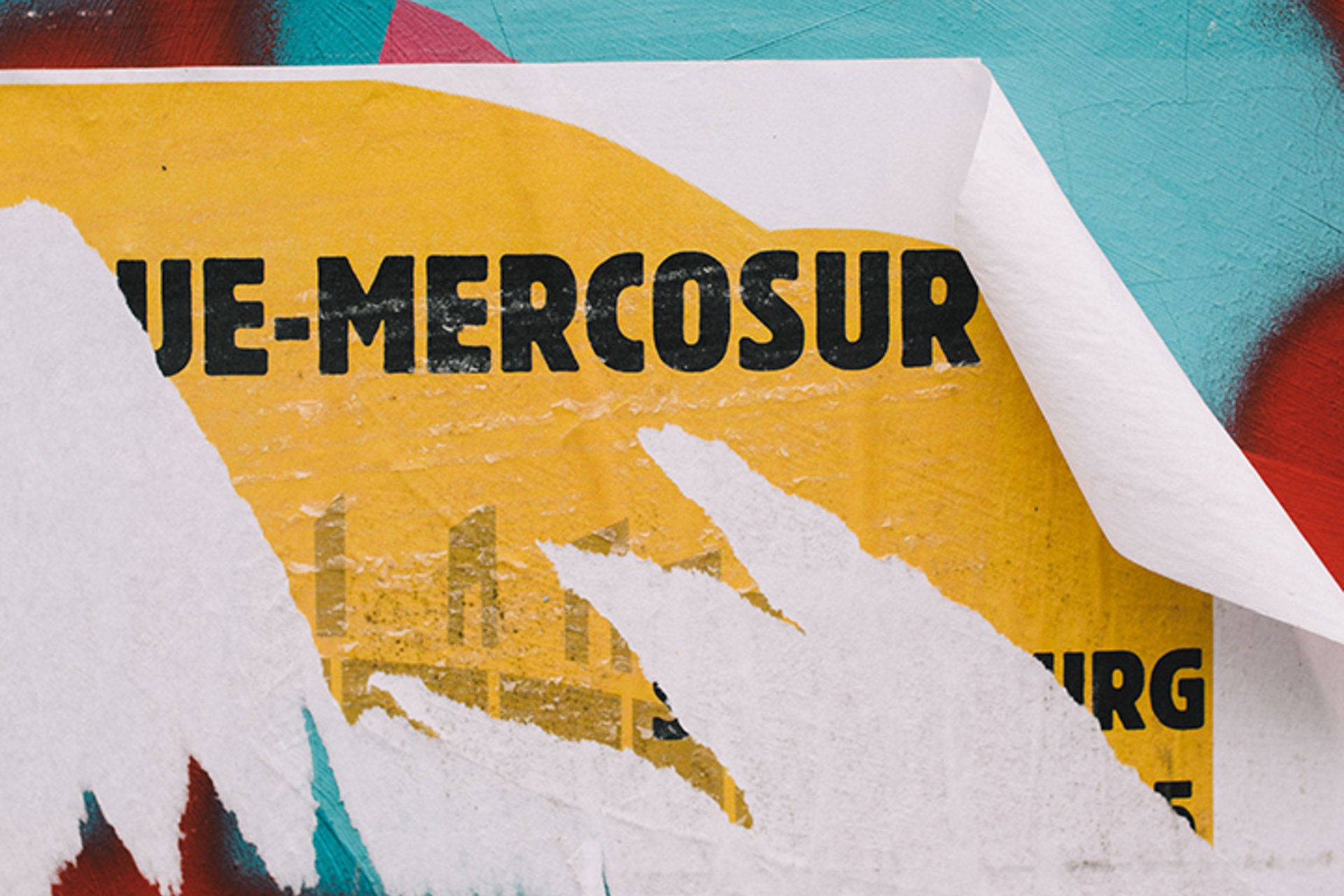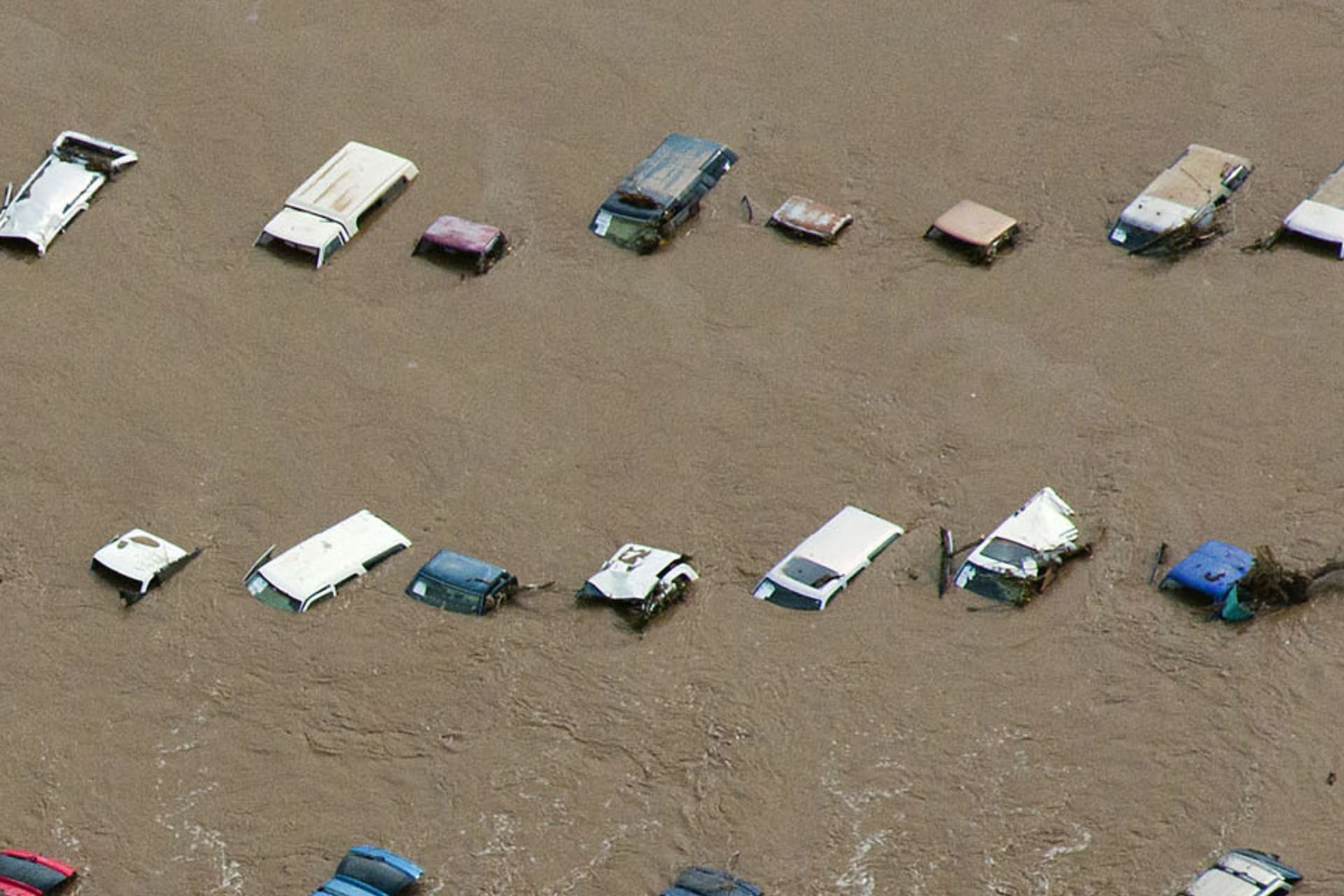Lebanon’s Parliamentary Elections (June 7, 2009)
Published
Lebanon’s upcoming parliamentary elections, pitting pro-Western political elements against a coalition led by Hezbollah, will test the country’s ability to manage political change among many factions.
This publication is now archived.
Introduction
Lebanon holds parliamentary elections on June 7, 2009. The main question at stake is whether the country’s Hezbollah-led “March 8” coalition will defeat its Western-backed “March 14” coalition. Analysts expect a close vote, and many see a narrow victory for March 8 as likely. The question, then, would be whether the two coalitions join together in a unity government. The makeup of such a government, or potential political clashes if Lebanon’s political leaders fail to unite, could also have broad ramifications for the Middle East peace process, ties between Syria and Lebanon, and the Israeli-Palestinian conflict. The vote will also mark the first test of Lebanon’s new election law, which was agreed in September 2008, with mediation from Qatari officials, as a resolution to political disputes between Hezbollah and its rivals.
The Basics
All 128 seats in Lebanon’s National Assembly (Majlis al-Nuwab), which functions as the country’s parliament, will be contested in the June 2009 elections. Lebanon’s September 2008 election law allocates these seats among twenty-six electoral districts. A record number of candidates--nearly six hundred as of late April according to Lebanese news sources--are vying for those seats. Each district is mandated to have a fixed number of representatives from Lebanon’s eighteen different religious sects. For example, the Tripoli district is allotted a total of eight seats, five of which are to be filled by Sunni Muslims, one by an Alawite Muslim, one by a Maronite Christian, and one by a Greek Orthodox Christian. This interactive graphic from NOW Lebanon shows the geography of Lebanon’s electoral districts and profiles the candidates running in each district. Lebanon’s official elections website lists the sectarian breakdown of parliamentary representation in each district.
The Players
There are two major competing blocs to watch:
- March 8 coalition (M8): Composed mainly of Shiite Muslims and Maronite Christians, M8 aligns Lebanon’s two main Shiite parties (the Amal Movement and Hezbollah, which the United States lists as a terrorist organization) with a secular party called the Free Patriotic Movement (which is led by Lebanon’s former military commander Michel Aoun) and other smaller groups. Experts say Aoun’s primarily Christian supporters and the other members of M8 make odd bedfellows--while groups like Hezbollah have traditionally held a staunchly pro-Syrian party line, Aoun has formerly opposed Syrian influence. Some analysts suggest his potential role as kingmaker could make Aoun a likely candidate for Lebanon’s presidency following the elections. The name “March 8” comes from the date of a 2005 pro-Syria rally organized by Hezbollah a few weeks after the assassination of former Prime Minister Rafik Hariri, which probes indicated may have been tied to Syria.
- March 14 coalition (M14): Led by Saad Hariri, son of the slain prime minister, and his Future Movement bloc, M14 won the majority of seats in Lebanon’s last parliamentary elections in 2005. The bloc is widely considered pro-Western and anti-Syrian; it brings together Sunni Muslims with Druze as well as several Christian sects. The name “March 14” comes from the date of Lebanon’s 2005 Cedar Revolution, when tens of thousands of Lebanese protested against Syria’s presence in Lebanon.
A Little History
These elections are the fifth since the end of the Lebanese Civil War in 1989. The country’s 1990 constitution, scripted in accordance with the October 1989 Taif Accords, stipulates that representation in the Lebanese National Assembly should be divided equally between Christians and Muslims, and then further subdivided by confessional branches. The country’s leadership positions are also divvied up according to religious faith: since 1943, the Lebanese president, elected by the parliament, has been required to be a Maronite Christian, the prime minister has been a Sunni Muslim, and the speaker of the parliament has been a Shiite Muslim. This distribution system has become highly controversial due to the perceived power inequalities it establishes. While Lebanon has not held a census in more than seventy years, objective observers generally agree that Muslims now significantly outnumber Christians in the country--many analysts say 70 percent or more of the country is now Muslim.
What to Watch For
Lebanon’s June 2009 parliamentary elections will mark a critical first test of the agreement the country’s rival factions signed in 2008 and will serve as a test of whether Lebanon can successfully redistribute political power among its religious sects without devolving into violence. They also could test Lebanon’s relations with the United States and other countries if Hezbollah and its allies dominate the next government after winning a parliamentary majority. Hezbollah has pledged to bring M14 into a coalition government, and to give it veto power. But M14’s Hariri has said he would not join a coalition government led by Hezbollah and its allies. Leading figures in the pro-Western M14 bloc have also warned that Hezbollah’s political ascendance could hold adverse economic consequences (Zawya) for Lebanon.
Politically, experts and news reports have outlined the two most likely fallout scenarios:t
- March 14 has a narrow victory: If March 14 refuses to grant the opposition veto power in the new government, there will likely be renewed civil conflict.
- March 8 has a narrow victory: March 8 invites March 14 into the government and offers them veto power. If March 14 boycotts, the international community might lose confidence in the new government and withdraw its support. As a result, the economy will collapse and civil strife could ensue.
Related Background and Analysis
- An explainer (PDF) on the Lebanese parliamentary election system, from IFES Lebanon.
- NOW Lebanon has an interactive breaking down the candidates by region and faith. Also, a regional journalist has put together an extensive guide to Lebanon’s political parties.
- An interview with Michael Young, opinion editor of Lebanon’s Daily Star newspaper, on the consequences of a Hezbollah victory.
- The Financial Times Beirut correspondent says there will be no real winner, even if there is a slight new tilt in the makeup of power.
- CFR’s Max Boot argues in a Los Angeles Times op-ed that Washington’s desire to strike a deal with Syria or Iran shouldn’t compromise its support of an independent Lebanon.
- Conference call with CFR’s Mohamad Bazzi and Steven A. Cook on the elections and Lebanon’s future.
- More on Lebanon from the U.S. State Department.
Colophon
Staff Writers
- Ayten Tartici
- Lee Hudson Teslik





